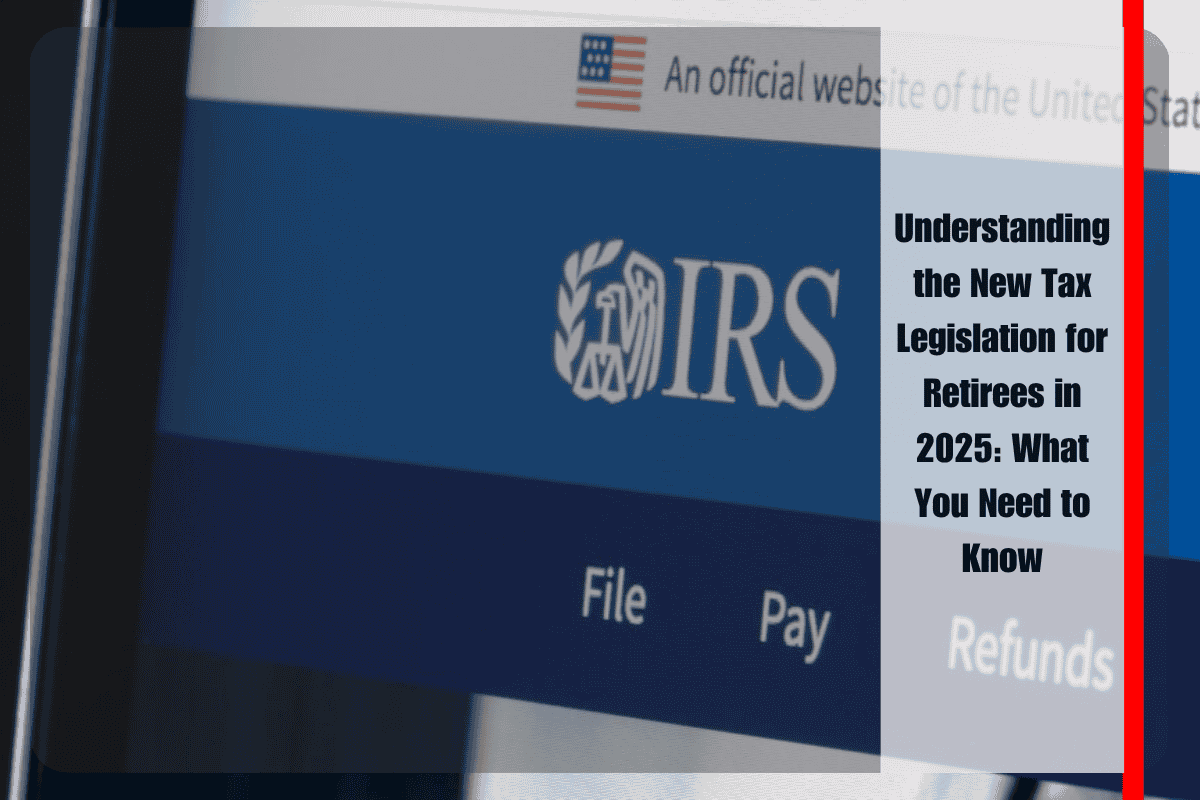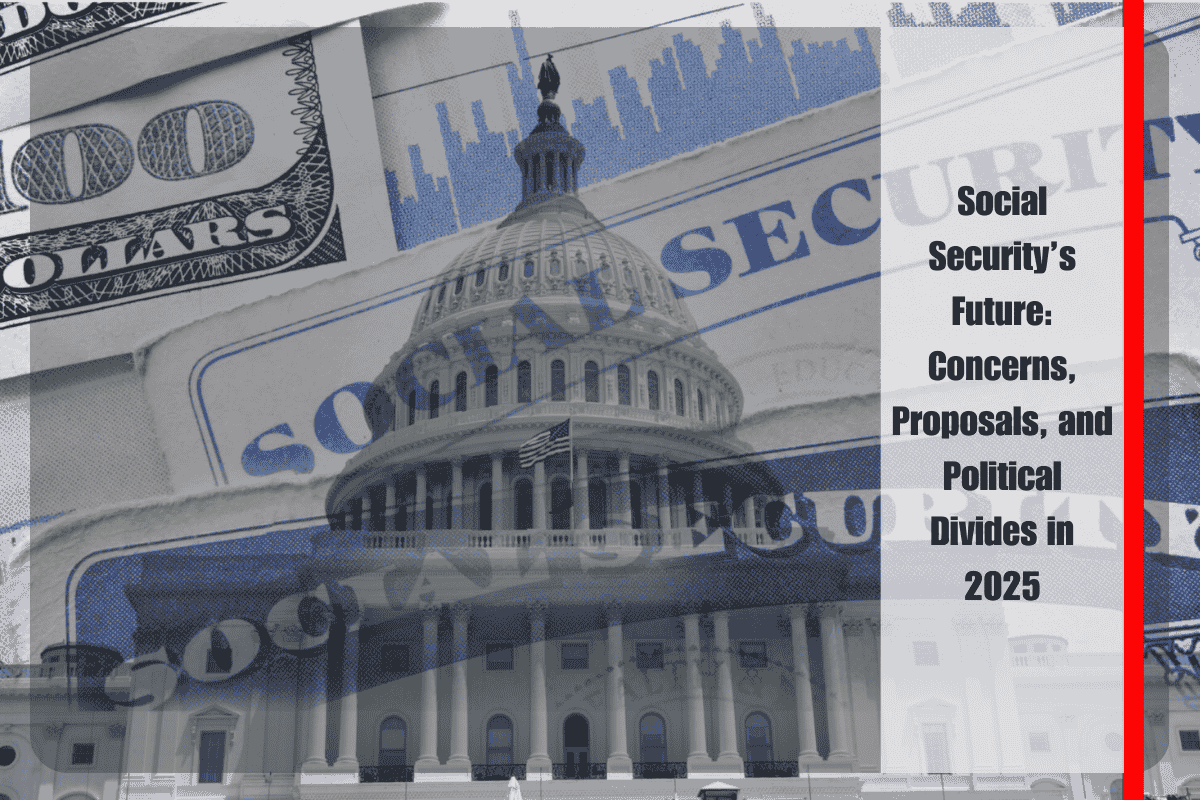In 2025, a new tax law promoted by the Trump administration promises to provide some relief to retirees, especially those receiving Social Security benefits. However, while the president has repeatedly claimed that the law will eliminate taxes for millions of retirees, the reality is not as straightforward. The new legislation does include a deduction for people over the age of 65, but it does not entirely eliminate taxes on Social Security benefits. Here’s a closer look at what the new law really means for seniors.
What the New Legislation Really Says
The new law, which passed both the House of Representatives and the Senate, includes a temporary tax deduction that will be applicable between 2025 and 2029. The Senate’s proposal offers a deduction of $6,000, while the House suggests $4,000. This deduction is not directly linked to Social Security benefits but is instead based on the taxpayer’s overall income.
For many seniors, the change may have little to no impact. Those with very low incomes, who already do not pay taxes on their Social Security benefits, will see no change in their tax returns. Additionally, the deduction doesn’t apply to individuals who began receiving Social Security benefits before turning 65.
Who Will Benefit from This Tax Break?
The primary beneficiaries of this new legislation are seniors with individual incomes of up to $75,000 (or $150,000 for those filing jointly). Once a senior’s income exceeds this threshold, the deduction will gradually decrease. However, for seniors who already do not pay taxes due to low income, the new tax relief will not be noticeable.
Furthermore, seniors who started receiving Social Security benefits before turning 65 will not be eligible for this new deduction.
The Misleading 88% Figure
The White House has claimed that 88% of Social Security beneficiaries will no longer pay taxes on their benefits. While this figure sounds promising, it is misleading. The 88% figure includes people who were already exempt from paying taxes on their benefits. In reality, the new tax relief will affect approximately 33.9 million seniors, with each of them seeing an average increase of $670 per year in their income.
Expert Opinions on the New Tax Plan
Experts have pointed out that the communication surrounding this new tax relief has been somewhat misleading. Garrett Watson from the Tax Foundation explained that many retirees could be disappointed when they realize that taxes on Social Security have not been entirely eliminated, as some may have hoped. The law does provide some relief, but it falls short of the promised full tax exemption.
What Would It Cost to Eliminate All Taxes?
While the idea of completely eliminating taxes on Social Security benefits sounds appealing, experts argue that this could be detrimental to the Social Security system. According to the Penn Wharton Budget Model, eliminating all taxes on Social Security benefits would cost about $1.5 trillion in federal revenue over the next decade. This could bring the insolvency of the Social Security Trust Fund forward to 2032, two years earlier than currently expected.
Additionally, the Senate’s tax plan would add about $3.3 trillion to the federal deficit between 2025 and 2034, according to the Congressional Budget Office (CBO). This could place more pressure on the economy and Social Security’s long-term sustainability.
How Would the Plan Be Funded?
To fund the proposed tax changes, the administration suggests raising revenue through tariffs. However, the CBO estimates that the proposed tariffs could offset up to $2.8 trillion of the deficit. Unfortunately, this could slow down the economy and increase prices for vulnerable households, making it a less-than-ideal solution for many.
Is This a Win for Retirees?
In reality, while many seniors will see some tax relief, this new tax measure is temporary, partial, and applies only to a limited group of taxpayers. It is not the widespread tax elimination that was promised. The law is being presented as a major win for retirees, but the fine print reveals that it may not live up to the hype.
Could the proposed solution actually worsen the situation? The added complexity and limited impact on the majority of seniors suggest that the cure may not be better than the disease. For many retirees, this new tax measure will offer some relief, but it’s far from the full tax break that was advertised.












